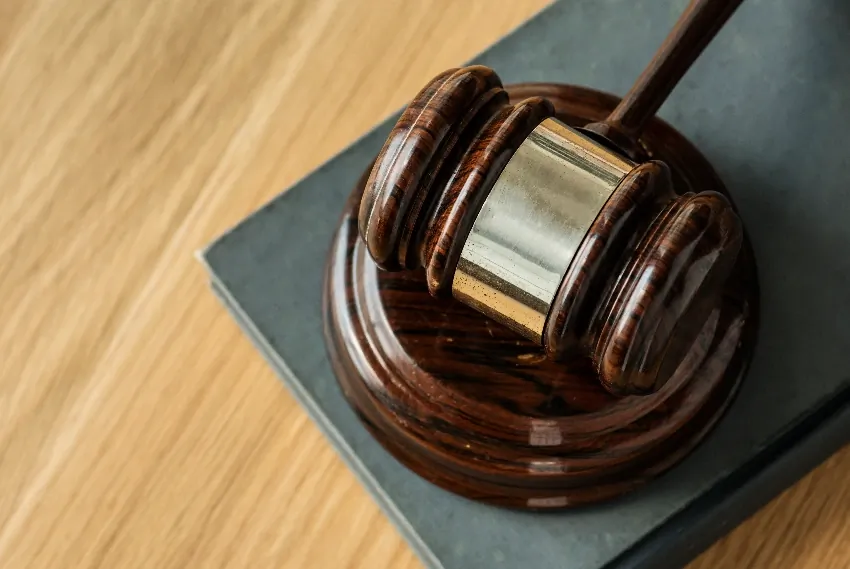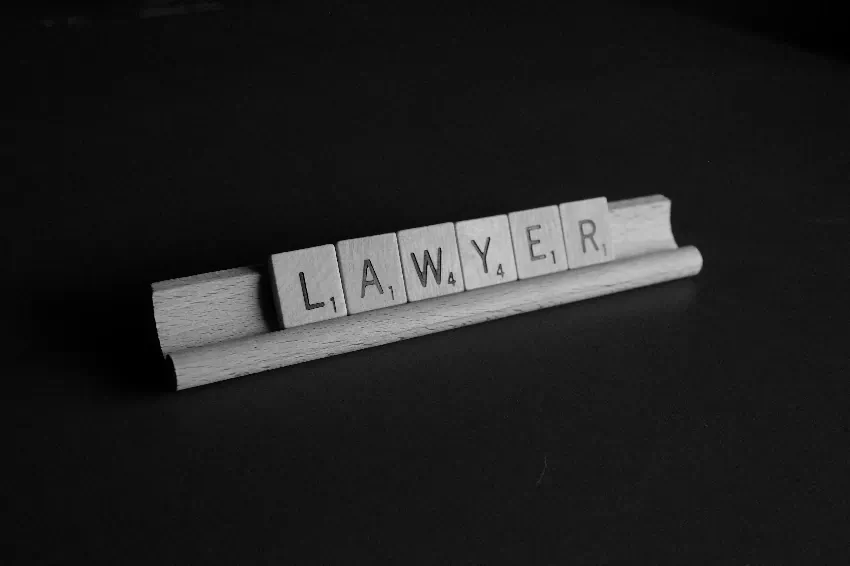
Commentary on Judgment No. 46231 of 2024: Non-Punishability for Slightness of the Fact.
Let’s analyze judgment no. 46231 of 2024 regarding the cause of non-punishability for the particular triviality of the act, highlighting the legal implications and the necessary conditions for its application.

Criminal Court, Section III, Judgment No. 526/2025: Reflections on Criminal Liability for Tax Evasion
Let's analyze ruling no. 526 of the Court of Cassation from 2025, which offers important insights on the liability of directors in cases of tax evasion and the application of thresholds for punishment.

Commentary on the Judgment of the Court of Cassation, Criminal Section V, No. 12499 of 2023: Simple Bankruptcy and the Subjective Element.
Analysis of the Supreme Court ruling concerning simple bankruptcy and the criteria for exclusion of punishability. A reflection on the judge's reasoning and the applicable legal principles.

Driving without a license and minor offense: commentary on ruling no. 28657 of 2024.
The Court of Cassation clarifies the applicability of the non-punishment cause for the particular triviality of the act to the offense of driving without a license, excluding it based on the non-habituality of the behavior.

Crime of improper set-off: analysis of ruling no. 30092 of 2024.
The ruling no. 30092 of 2024 by the Court of Cassation clarifies the criteria for the offense of improper offsetting, establishing the threshold for punishability and the calculation methods.

Tax crimes and preventive seizure: commentary on ruling no. 28709 of 2024.
We explore the recent ruling no. 28709 of 2024 that clarifies the issue of preventive seizure in relation to tax offenses and the grounds for non-punishment provided by decree law no. 34 of 2023.

Commentary on Judgment No. 29083 of 14/05/2024: The Issue of Non-Punishability
The recent ruling of the Court of Cassation provides significant insights into the issue of non-punishability and prescription, clarifying the rights of the parties involved in the criminal proceedings.

Judgment No. 50235 of 2023: The consequences of non-punishability due to the particular triviality of the act.
Let's analyze ruling no. 50235 of 2023, which clarifies the importance of the judge's decision on the request for civil damages in the event of non-punishability due to the insignificance of the act, in light of the Constitutional Court.

Judgment No. 14073 of 2024: The Non-Punishability for Particular Slightness of the Act and the Habituality of the Behavior.
Analysis of ruling no. 14073 of 2024 regarding the non-punishability due to the particular slightness of the act, with a focus on the habitual nature of the behavior and the criteria for assessing past conduct.

Commentary on Judgment No. 10298 of 2024: Tax Sanctions and Professional Liability.
Analysis of ruling no. 10298 of 2024, which clarifies the dynamics of liability between the taxpayer and the professional in the event of tax penalties, highlighting the non-punishability of the taxpayer if the non-payment is attributable to fraudulent behavior by a third party.